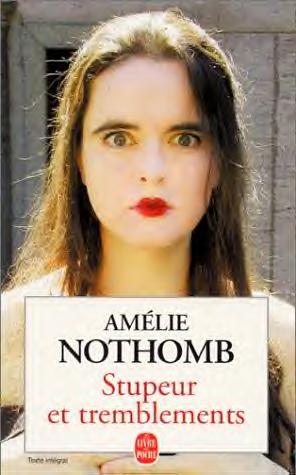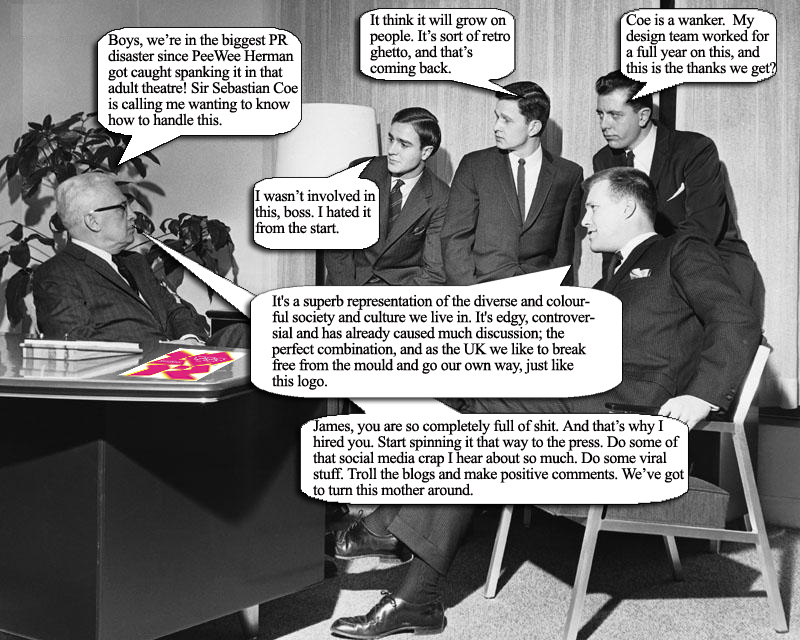 After Dark
After Dark, by Haruki Murakami (Harvill Secker, 2007)
You know, sometimes I think it's almost pointless to write about Haruki Murakami. You either get him or you don't, but it's just as laudable not to get him. From the blogroll, I know that
Dr Hocking has tried to love him, but remains unconvinced;
Scott Pack is pretty much a Haruki groupie.
Amylola is even planning to teach his stuff next semester, which I suspect is just asking for trouble. Me? Well, I did borrow the title of this blog from one of his books. (I understand that Thom Yorke's a fanboy as well, but he doesn't return my calls.)
You see, Murakami bypasses normal critical criteria. For a start, there's the problem with any translated text. How can you address a writer's style when what you're really looking at is the craft of some intermediary (in this case, Jay Rubin)? Instead, everything's about the world he creates. Murakami (or his stooge) offers an engaging mix of deadpan humour, meandering description that seems to follow an almost musical logic (he's a big jazz fan) and occasional flashes of tender sadness and/or excruciating violence. He writes about loners, but loners who are at worst disgruntled, rather than tortured souls. He also seems to have a thing for pretty, damaged girls who won't go all the way, but don't mind giving you a hand.
However, there's no manual relief this time round. Indeed,
After Dark seems to offer a few new departures for Murakami. It's written in the present tense; there's no one main protagonist; the action all takes place within the space of a few hours. It's by far the most filmable of his books, controlled cuts between scenes replacing the improvisational detours of his longer works. There are references to
Godard, specifically
Alphaville, and much of J-LG's loping cool is present, but I also thought of Wenders's
Wings of Desire. We join Murakami in his role as observer of the city, and we can almost feel his feathers brush against our face, but we're not asked to join in.
But alongside these new departures, he offers up some of the familiar riffs, like a musician who wants to plug his new album, but knows the punters have come for the familiar lollipops. There's Takahashi, a gawky young man, a lover of jazz and toast, who makes a hamfisted attempt at wooing Mari, a self-contained young woman bearing a mysterious sadness. His name suggests an earlier story of trombones and outsiders, 'Tony Takitani', in last year's
Blind Willow, Sleeping Woman and also, interestingly, the first of Murakami's works to be filmed. But would Murakami ever be that obvious?
Then there are odd interludes somewhere on the border between dream sequence and magic realism, with reader and subject (a beautiful girl in a deep, deep sleep) and a faceless attendant, moving from one side of a TV screen to another. There's violence (although nothing to match the horrific torture sequence in
The Wind-Up Bird Chronicle); there's lots of jazz in the background; there's the exquisite lostness of Tokyo after the last train has left.
And best of all, there's no user-friendly resolution. Loose ends remain defiantly loose. We know who perpetrates the violence, but not why; nor why the beautiful girl sleeps. Retribution is threatened, but we don't know if it's carried out. Takahashi promises to write to Mari, but we never find out if he does. A cellphone lies in the chiller cabinet of a 7-11. It rings a few times, to be answered by the wrong person. But nobody takes it out of the fridge.
If you like Murakami, you'll like
After Dark. If you don't, you won't. If you don't know, you may never find out. But if you don't read a book, is it, like the cellphone, still there?
 Alistair Fitchett has closed down Tangents after 10 years, and that makes me sad.
Alistair Fitchett has closed down Tangents after 10 years, and that makes me sad.





